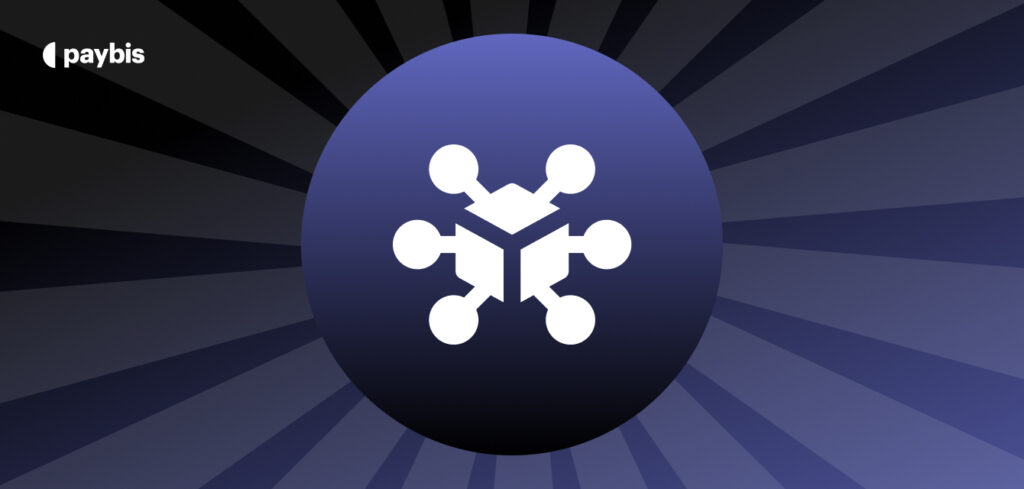Keccak
Keccak is an advanced cryptographic algorithm that generates unique hash values for data inputs used in data verification and digital signatures. It was selected as the winner of the NIST hash function competition and subsequently became the foundation of the SHA-3 standard, offering excellent security features and flexibility for various cryptographic applications.
Table of contents
What is a Keccak?
Keccak is a family of cryptographic hash functions that produce a fixed-size output (called a digest) from an arbitrary amount of input data. A hash function is a mathematical algorithm that takes an input (or “message”) and returns a fixed-size string of bytes.
The output is typically a “digest” that is unique to each unique input. Even a small change in the input will produce a completely different output, making it extremely useful for verifying data integrity.
Keccak’s most notable feature is its resistance to cryptographic attacks. Unlike its predecessors, SHA-1 and SHA-256, which have shown vulnerabilities to certain types of attacks (like collision attacks, where two different inputs produce the same output), Keccak was designed to resist these weaknesses. It achieves this through a unique structure known as a sponge construction, which provides flexibility and strong security guarantees.
Keccak in Blockchain Technology
Keccak’s role in blockchain technology, particularly in Ethereum, is significant. Ethereum uses a variant of Keccak (often referred to as Keccak-256) for various cryptographic functions. Some of the functions of Keccak are:
- Address Generation: Ethereum addresses are generated by taking the Keccak-256 hash of the public key and extracting the last 20 bytes. This ensures that Ethereum addresses are unique and secure, making it extremely difficult for an attacker to generate a different key pair that produces the same address.
- Transaction Verification: In Ethereum, transactions are signed using the sender’s private key, and the signature is verified by taking the Keccak-256 hash of the transaction data. This ensures that transactions cannot be altered or forged, as any change in the transaction data would result in a completely different hash.
- Smart Contracts: Keccak-256 is also used extensively in Ethereum smart contracts, particularly in functions that require hashing, such as verifying the integrity of data or generating unique identifiers. Its security properties make it ideal for ensuring that smart contracts execute as intended without the risk of tampering or fraud.
How Secure is Keccak?
Keccak’s adoption by the National Institute of Standards and Technology (NIST) and its security in the face of cryptographic challenges shows its importance. Unlike previous hash functions, Keccak was designed with future-proofing in mind, taking into account advances in computational power and the potential for quantum computing attacks.
How Flexible is Keccak?
While SHA-2 is limited to certain output sizes (like 256 or 512 bits), Keccak can produce outputs of arbitrary length, depending on the application’s needs. This flexibility, combined with its strong security guarantees, has made Keccak a preferred choice in various applications beyond blockchain, including secure messaging, digital signatures, and random number generation.
The Adoption of Keccak
Despite its strengths, Keccak has not completely replaced SHA-2 in most applications. The widespread adoption of SHA-2 and the time it takes to implement and standardize new cryptographic algorithms mean that Keccak’s transition into mainstream use has been gradual. Nonetheless, its adoption in Ethereum and other cutting-edge technologies showcases its potential as the future of cryptographic security.
Conclusion
Keccak stands as a testament to the continuous evolution of cryptography, designed to address the shortcomings of its predecessors while providing a flexible foundation for secure communication and data integrity. Its adoption in blockchain technology, particularly in Ethereum, highlights its critical role in ensuring the security of decentralized systems.
Browse the Paybis Glossary to master more Web3 lingo!
Alternatively, explore related terms and articles below.
Disclaimer: Don’t invest unless you’re prepared to lose all the money you invest. This is a high‑risk investment and you should not expect to be protected if something goes wrong. Take 2 mins to learn more at: https://go.payb.is/FCA-Info


